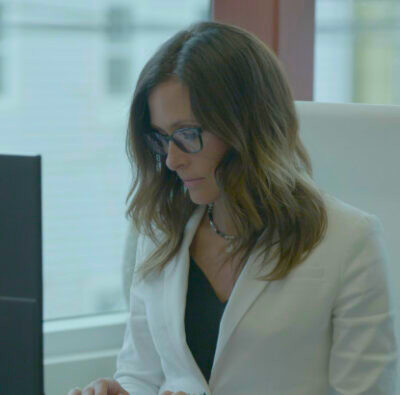How is liability for a slip and fall determined in New Brunswick?
New Brunswick abolished its occupiers’ liability legislation, meaning that liability for a slip and fall in New Brunswick is determined based on general negligence principles. Property owners have a duty to maintain reasonably safe premises, like the requirements set out in the legislation of other provinces.
Morash v. McAllister Place Ltd., 1997 CanLII 9495 (NBQB) illustrates that an occupier’s liability in negligence is determined by considering whether they provided reasonably safe premises for the purposes contemplated. For example, a store requires ensuring reasonable safety for people of all ages and strengths, shopping and carrying parcels throughout the store premises. If the store owner did not ensure the premises were reasonably safe, parties must consider whether this failure caused the injured party’s injury.
The New Brunswick Court of Appeal in McAllister (Litigation Guardian of) v. Wal-Mart Canada Inc., 2000 CanLII 12588 (NBCA) confirmed that a property owner must provide reasonably safe premises for the purpose contemplated. McAllister shows that there does not need to be an unusual danger, as this concept was swept away by the changes brought about by the Law Reform Act. Liability in negligence is not contingent on a finding that the property owner’s acts or omissions gave rise to an “unusual danger”.
Basque v. Saint John (City), 2002 NBQB 131 holds that negligence exists where a wrongdoer (i.e. an occupier) does or omits to do something that a person of ordinary care would not do in the same circumstances.
As in all cases, the injured party must establish that the occupier owed them a duty of care. A duty of care arises where the parties are sufficiently close to warrant imposing such a duty.
In Lanteigne v. New Brunswick Liquor Corporation, 2002 NBQB 84, the New Brunswick Court of King’s Bench confirmed that you must first determine that the condition of the property caused the slip and fall accident. If you can come to that conclusion, you must determine if the occupier has met the reasonably expected standards for the maintenance of the area in question.
This determination will involve a review and consideration of the property owner’s maintenance and inspection system to determine if it is a reasonable one that adequately protects people from slip and fall accidents.
In Lanteigne, the New Brunswick Court of King’s Bench reviewed the pertinent case law. It stated that courts had imposed a greater duty on property owners in areas reserved for walking and points of entry for buildings, and a lesser duty for parking lots.
In Dashwood v. Pillars Club & Lounge Inc., 2002 NBQB 92, the New Brunswick Court of King’s Bench states that the determination of whether there was an adequate system in place involves reviewing the system to determine if it adequately protects customers from slip and falls.
The owner must put its best foot forward to demonstrate that it had a reasonable and adequate system at the time of the slip and fall accident. Ideally, this system or program will be in writing and include a reasonable level of adequate and routine inspections. Those inspections should be recorded in a log to show that the property owner followed the system at the time of the slip and fall.
Can I sue my landlord if I slip and fall on my property in New Brunswick?
Hickey v. NB Housing Corp¸ 2014 NBCA 36 confirmed that landlords owe a common law duty of care to tenants to ensure that common areas remain safe. A landlord cannot avoid liability by establishing the tenant was aware of the obvious defect. If anything, the tenant’s knowledge goes to the issue of contributory negligence on the tenant’s behalf but does not relieve the landlord of their responsibility.
A tenant has an implied obligation to take care of their own safety when using the common areas. Still, that obligation does not relieve the landlord of their obligation to ensure reasonable safety.
A landlord cannot avoid liability by claiming they were unaware of the danger. The landlord is liable when the tenant suffers an injury because of a defect that the landlord should have known about, regardless of whether they actually knew about it. Landlords must adopt reasonable measures to identify defects that pose a risk of personal injury and take the necessary steps to remove the hazard. Inevitably, those reasonable measures translate into a duty to adopt a system of inspection.
The landlord can generally discharge the evidential burden by establishing that they have a regular regime of inspection, maintenance, and monitoring sufficient to achieve a reasonable balance between what is practical in the circumstances and what is proportionate with reasonably perceived potential risk.
Have questions for our team?
Request a
Free Consultation
If you would like to learn your legal options at no obligation, contact us today to set up a free consultation.
